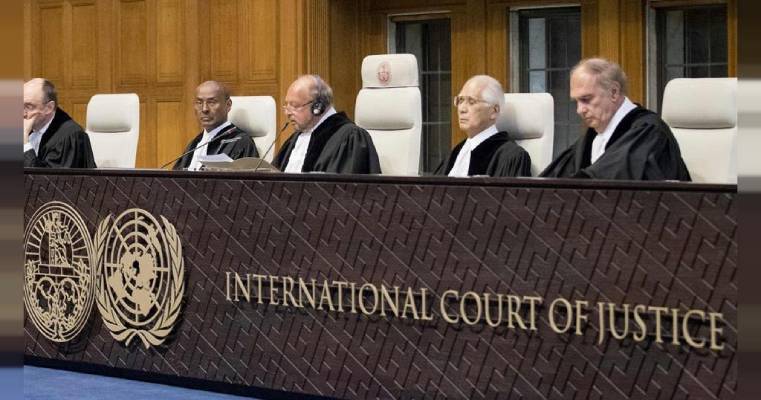×
The Standard e-Paper
Stay Informed, Even Offline

Kenya has had several attacks from al-Shabaab over the years and it has pegged its argument on the operations of the terror group in the country as among reasons why the International Court of Justice (ICJ) should not grant Somalia its prayers on the maritime boundary dispute.
In its documents filed before the ICJ, Kenya discloses that al-Shabaab has links to Kenya, agents and has been sending insurgents through the aid of their sympathisers in Kenya.